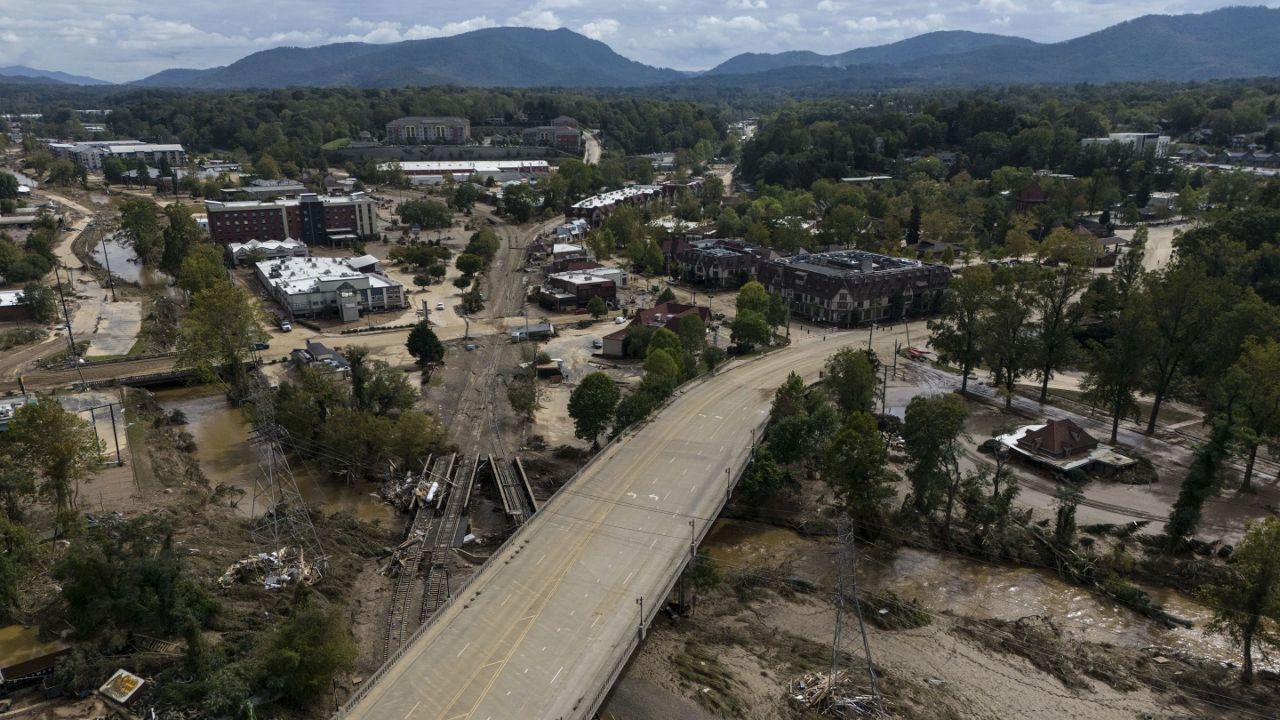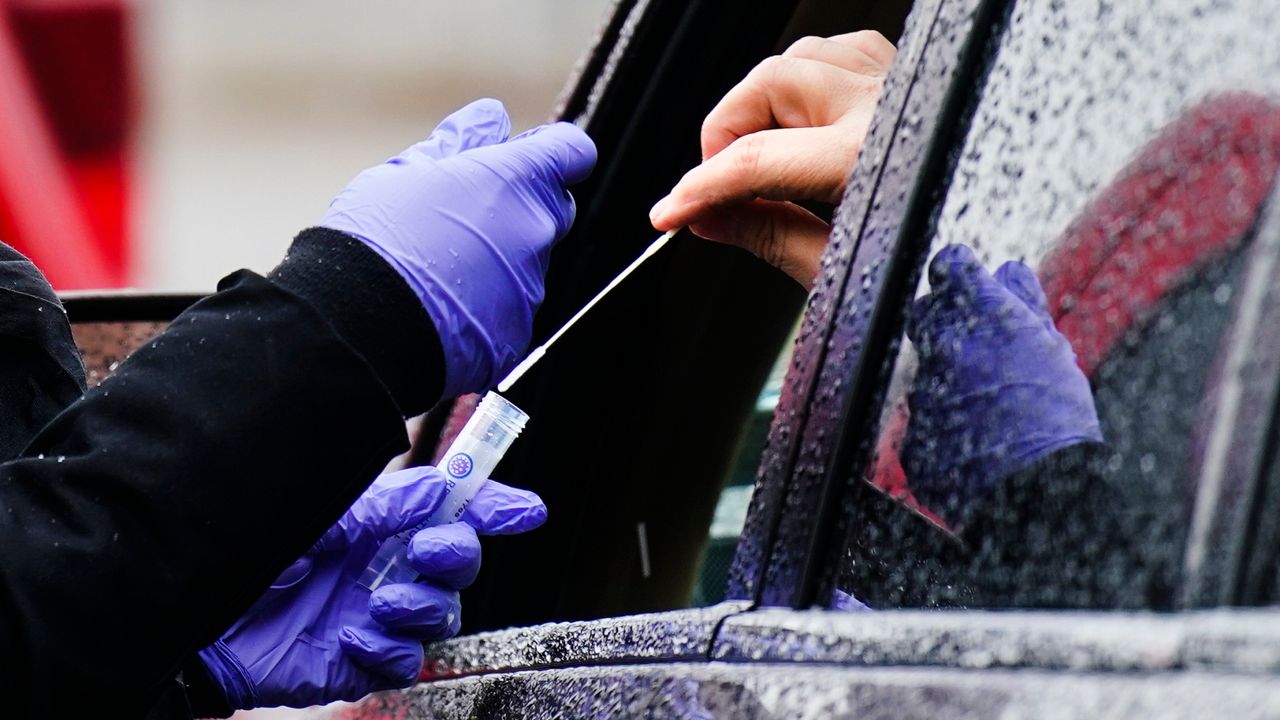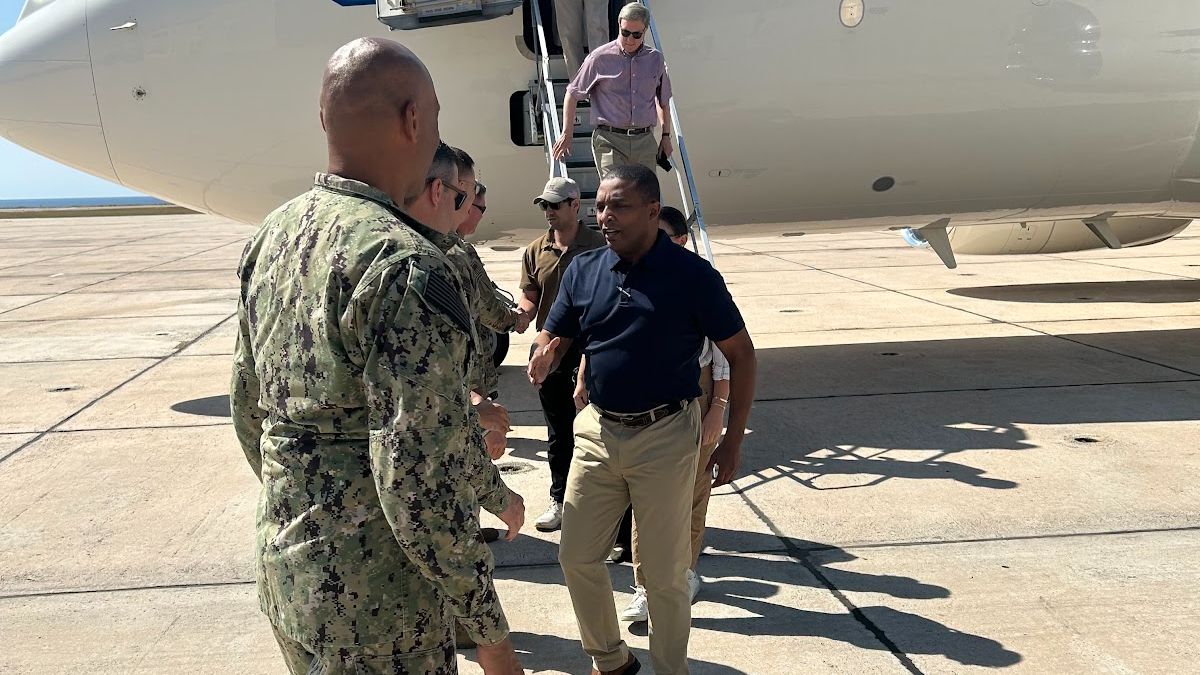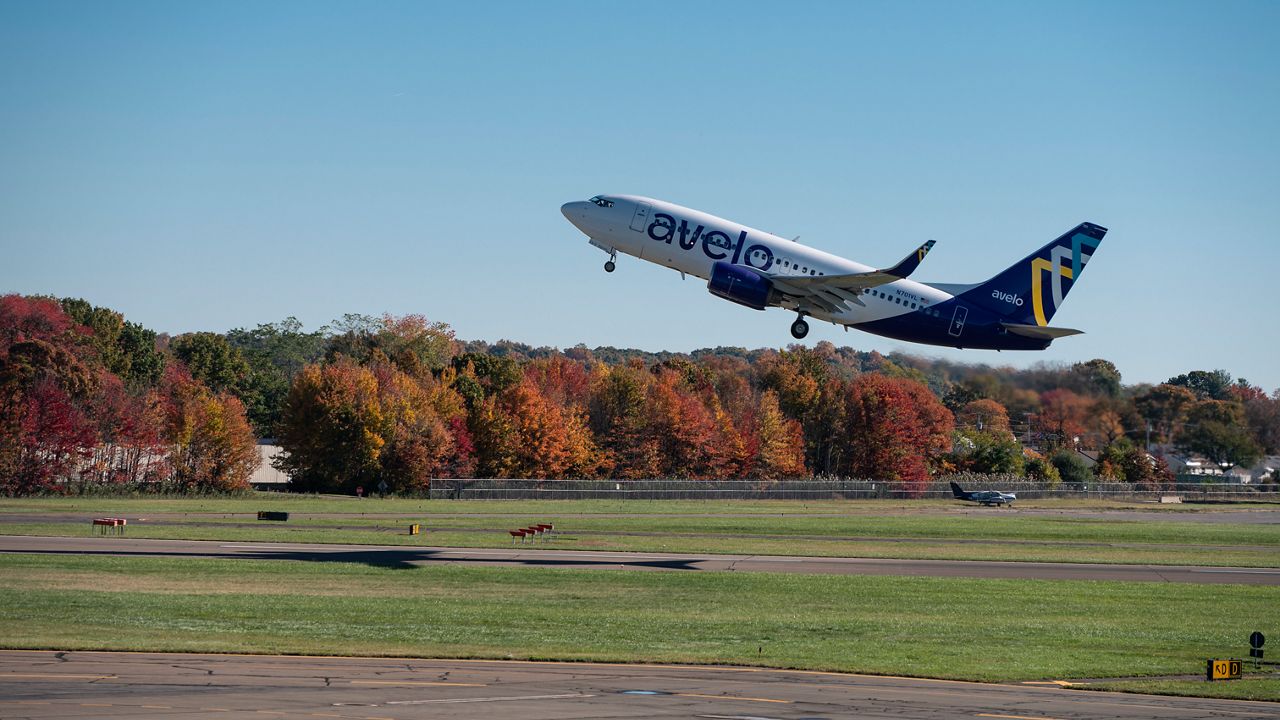RALEIGH, N.C. — Catalyst, a program looking to expand educational and career opportunities for students with disabilities, is helping high school students on the campus of North Carolina State University.
The national award-winning free STEM program is giving high schoolers with disabilities hands-on related opportunities by exploring STEM careers, workforce and college readiness skills and going on field trips.
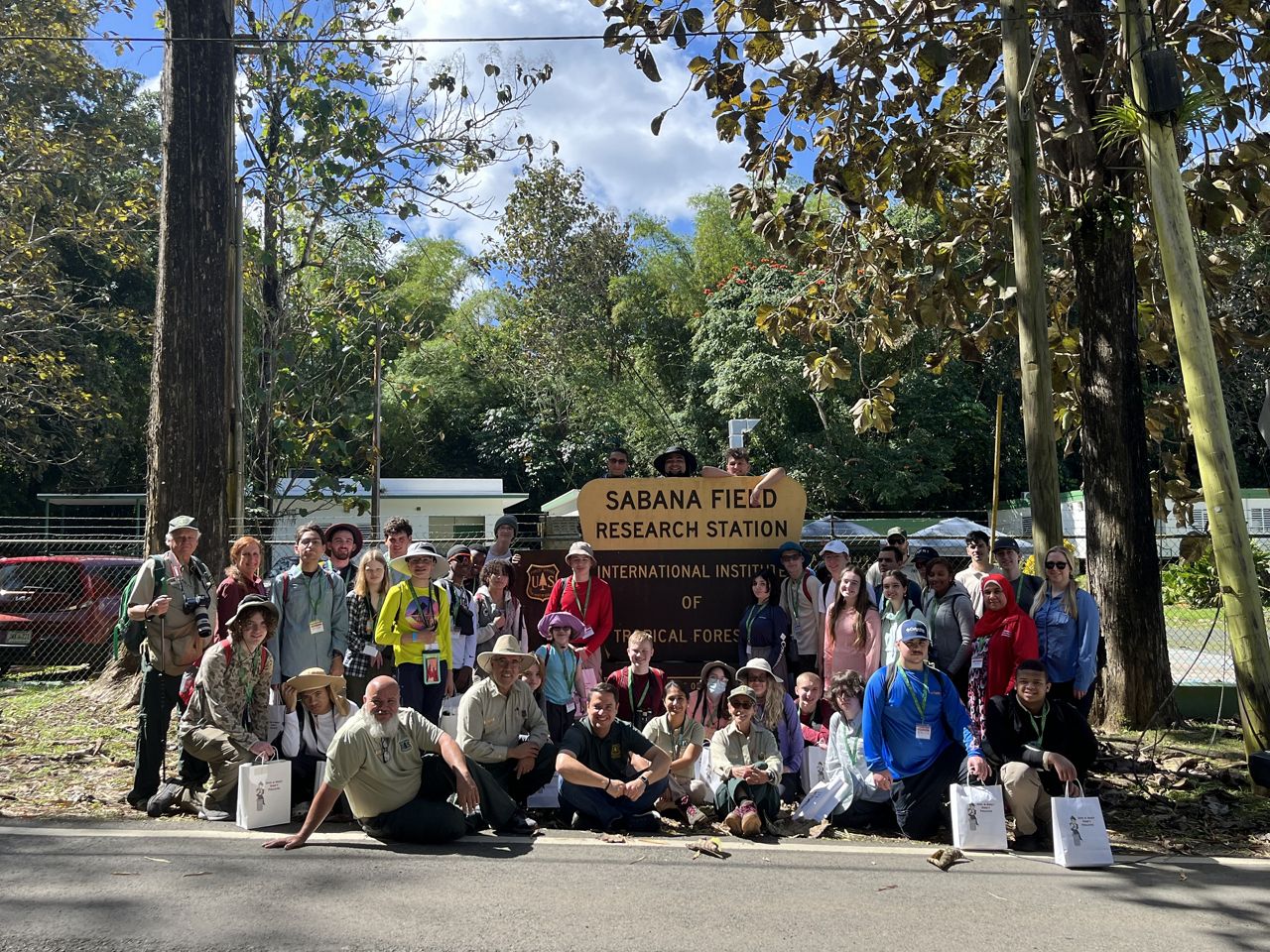
This week, some students in the program are getting hands-on experience in Puerto Rico, in partnership with the U.S. Forestry Service, by participating in field studies of tropical and marine ecosystems.
Two students on the trip are Daisy Whitfield, a high school senior, and James Noble, a high school junior. Both students said they were very eager to go to Puerto Rico prior to the trip.
“I’m really excited to travel because one, I’ve never flown on a plane and never flown that far from my home, and I’m excited to see some of the culture that’s in Puerto Rico and the tropical rainforest,” Whitfield said.
“Even though I’m Puerto Rican, I’ve never actually been to Puerto Rico, so this is a big trip for me,” Noble said. “I’m excited for all the STEM things we will see, the rainforest that we will be hiking through, the kayaking, the manatees.”
Whitfield, who is visually impaired, said being a part of Catalyst has allowed her to meet new people and see and do new things.
“There’s a lot of misconceptions about being visually impaired,” Whitfield said. “When most people see me walking with my white cane, they assume I’m completely blind, when it’s actually a spectrum.”
Whitfield said she faces many challenges like reading textbooks, looking through microscopes and using different beakers, but there’s always a way around those challenges and there’s nothing she can’t do.
“When people assume that I can’t see anything and that I can’t take care of myself because I feel like I’m very self-reliant, but a lot of people don’t give me the opportunity to succeed as I could,” Whitfield said.
Noble is also showing that he can do anything as well. He was diagnosed with Asperger’s.
“Having that disability is more socially damaging just because I have to learn what I can say, what I can’t say, what I can do, just the norms of it you know,” Noble said. “And this program has helped me in learning that, speaking abilities, being able to talk, being able to be personable, communication.”
Noble is encouraging others with Asperger’s that even though you may face challenges, it’s OK to just be yourself.
“I say try your best, but don’t accept the norms because the norms are just boring,” Noble said.
As these students are encouraging others with disabilities, they also have people who want to see them succeed. Like many of their Catalyst field trips, they have a chance to meet STEM leaders, who also have disabilities. They’ll be able to put themselves in the shows of these professionals and see that one day they too can stand in the same position.
“I think it gives me a new appreciation for learning different things, seeing what different people do,” Whitfield said.
The Bureau of Labor Statistics shows in 2023, about 22% of people with disabilities in the U.S. were employed. That means about 3/4 of people with disabilities are not in the work force compared to about a third of people without a disability. With this in mind, Catalyst aims to build a more diverse and inclusive STEM workforce.
“That statistic makes me feel like I need to do more and push myself to do more and be more and work harder to achieve my goals since technically in the workforce we have it harder,” Nobles said.
“I think it makes me more motivated to not be a part of the statistic of being unemployed, also it makes me feel like I want to motivate others to get into what I’m getting into or just in a different field in STEM because everyone deserves a chance at something that makes them happy,” Whitfield said.






